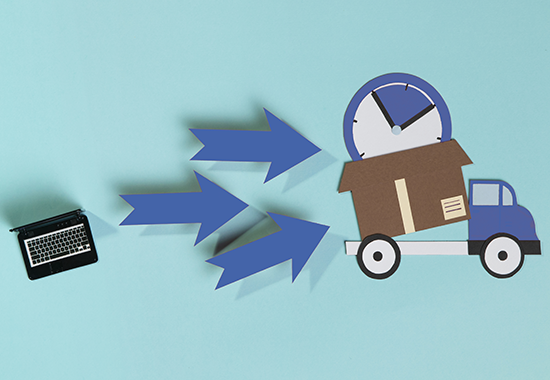Delivering Excellence: The Power of Efficient Last Mile Delivery in Logistics
Introduction
In the fast-paced world of logistics, last-mile delivery has emerged as a critical aspect of the supply chain. Efficient last-mile delivery ensures that goods reach customers’ doorsteps promptly and seamlessly, leaving a lasting impression. This article delves into the essential role of efficient last-mile delivery in the logistics industry, exploring its impact on customer satisfaction, operational efficiency, and overall business success.
Enhancing Customer Satisfaction
Efficient last-mile delivery plays a vital role in shaping customers’ perceptions of a brand. Timely and hassle-free deliveries contribute to a positive customer experience, leading to increased satisfaction, repeat purchases, and positive word-of-mouth. By focusing on optimizing the last mile, logistics companies can build strong customer relationships and gain a competitive edge in the market.
Boosting Operational Efficiency
The last mile is often the most complex and costly part of the delivery process. To maximize operational efficiency, logistics companies employ various strategies, such as route optimization, real-time tracking, and advanced logistics technologies. By streamlining delivery routes, minimizing idle time, and leveraging data-driven insights, businesses can reduce costs, improve resource utilization, and achieve higher productivity.
Implementing Innovative Solutions
To overcome challenges associated with last-mile delivery, logistics companies are adopting innovative solutions. These include leveraging technology, such as delivery management systems, route optimization software, and automated delivery lockers. Additionally, the utilization of alternative delivery methods like drones and autonomous vehicles is gaining traction, offering the potential for faster and more efficient last-mile deliveries.
Collaboration and Partnerships
Efficient last-mile delivery often requires collaboration and partnerships with local carriers, third-party logistics providers (3PLs), and crowd-shipping platforms. By leveraging their expertise and resources, businesses can extend their reach and capabilities, ensuring reliable and timely deliveries even in remote areas. Collaborative efforts can also lead to shared resources, reduced costs, and improved customer service.
Continuous Improvement and Flexibility
In the dynamic logistics landscape, adapting to changing customer expectations and market trends is crucial. Continuous improvement and flexibility are key to maintaining efficient last-mile delivery. Regularly assessing performance metrics, seeking customer feedback, and implementing process enhancements enable logistics companies to stay ahead, meet evolving demands, and exceed customer expectations.
Conclusion
Efficient last-mile delivery is a critical component of the logistics industry, directly impacting customer satisfaction, operational efficiency, and overall business success. By optimizing the final leg of the supply chain, logistics companies can enhance their reputation, drive customer loyalty, and achieve sustainable growth. Embracing innovative technologies, forging strategic partnerships, and fostering a customer-centric mindset will pave the way for a competitive advantage in the ever-evolving logistics landscape.



